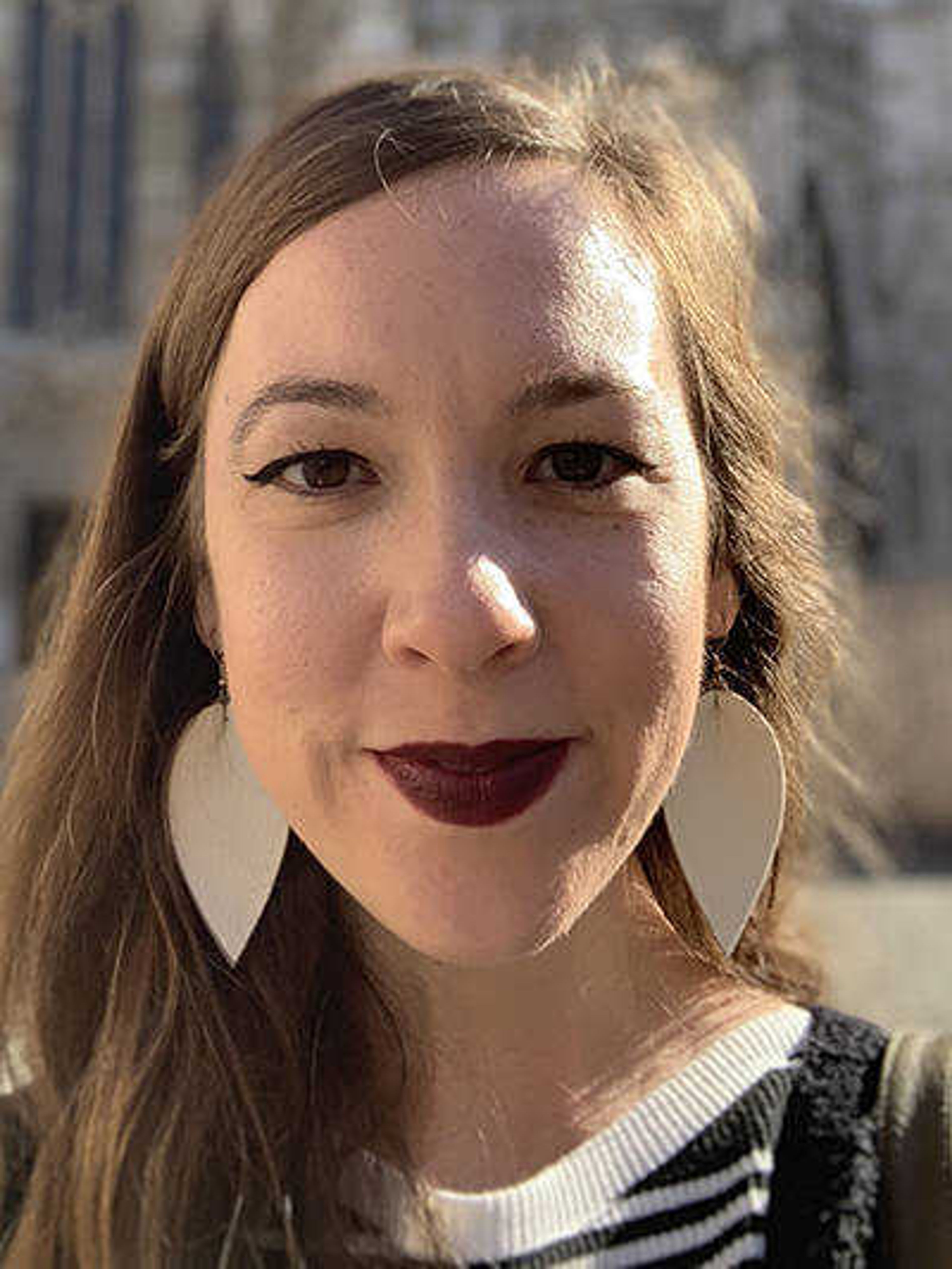God's deep and complete love for us
Of all the humanly written words I have read in my life, the ones that get it the most right, that speak to me most completely of God and love are the words of Sonnet XVII, by Pablo Neruda. This poem speaks straight to the deepest places inside me, speaks of love in the truest sense, feels like breathing, leaves me saying "yes." It gives the truest picture of what love purely is, allows me to feel my longing for love that brings me face-to-face with the fact that I am a created human, that my incompleteness is beauty because it is space that allows me to relate to my Creator God, who is also known as Love. ...
Of all the humanly written words I have read in my life, the ones that get it the most right, that speak to me most completely of God and love are the words of Sonnet XVII, by Pablo Neruda.
This poem speaks straight to the deepest places inside me, speaks of love in the truest sense, feels like breathing, leaves me saying "yes." It gives the truest picture of what love purely is, allows me to feel my longing for love that brings me face-to-face with the fact that I am a created human, that my incompleteness is beauty because it is space that allows me to relate to my Creator God, who is also known as Love. It amazes me that a human is able to put the wordless experience of love into words as Neruda does, to articulate so perfectly, even in human imperfection, this mystery of being separate but the same as another being through love. The poet's lines speak to me of the mystery of the Holy Trinity -- of the Father, Jesus and the Holy Spirit being a God that is three in one.
Putting a couple of different English translations together so it says it most beautifully, my favorite lines from Sonnet XVII go something like this:
"I love you without knowing how, or when, or from where,
I love you straightforwardly, without complexities or pride;
so I love you because I know no other way than this:
where 'I' does not exist, nor 'you,'
so close that your hand on my chest is my hand,
so close that your eyes close with my dreams."
These lines lead me to think that if a human can love like this, can even imagine that love this deep and complete exists, so much more deeper and complete must be God's love for us. Like the poet mentions, God's love is continuous. It doesn't start or end anywhere, it isn't a "you" and "me," with space between us and God. God loves us with no separation. His love is a unity, a oneness, a community, a communion. We are made in the image of God, and God is one with us.
1 John 4:8 tells us that God is love. If we have known love, we have known God. If we have loved, we have been God to others. Just as God participated in our humanity, loving others allows us to participate in the divine.
This also leaves me thinking that each time we say "I love you," what we are really saying is, "I God you:" the God in me recognizes the God in you, the God in me acts selflessly and perfectly toward the God in you. We are professing that we need God to be a part of our relationships. We are acknowledging a force in our relationships other than ourselves. We are recognizing trinity. "I love you." "I God you." I, God, you.
Mia Pohlman is a Perryville, Missouri, native and a recent graduate of Truman State University with a bachelor's degree in English.
Connect with the Southeast Missourian Newsroom:
For corrections to this story or other insights for the editor, click here. To submit a letter to the editor, click here. To learn about the Southeast Missourian’s AI Policy, click here.










